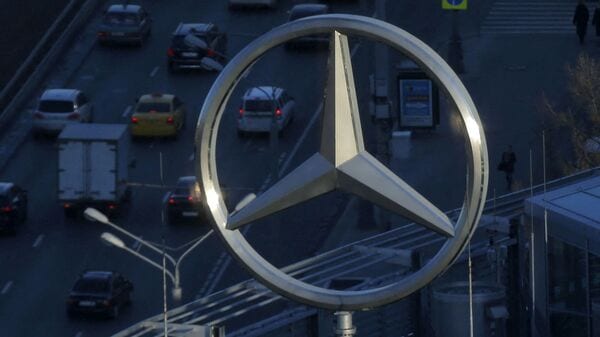German car brands face an uphill struggle to shift to electric mobility
German car brands facing urgency to shift to renewable energy sources for their operations in the wake of the energy-sector related disruption caused by Russia-Ukraine war.

German auto manufacturers have been facing an uphill struggle as they are increasingly focusing on shifting to greener powertrain technologies. A Reuters analysis claims that the automakers’ dependence lays bare the hurdles they face in transforming their own energy consumption while moving the transport sector, which is responsible for around 30 per cent of German energy consumption, towards electromobility.
(Also read: BMW to build the world’s first CO2-free vehicle plant in Hungary: Details here)
For example, Volkswagen depends on non-renewable energy sources for around 80 per cent of its needs, while for BMW the figure is well over 60 per cent, as revealed by 2021 Carbon Disclosure Project (CDP) data, based on 2020 figures provided by the companies.
In order to reduce their dependence on fossil-fuel driven energy, the automakers are increasingly focusing on renewable energy sources. For example, Mercedes-Benz’s most energy-efficient factory in Sindelfingen sources 30 per cent of its energy through solar panels on the roof. The automaker said in early April that renewables covered 45-50 per cent of its energy needs at present and that it aims for 15 per cent to be met through on-site renewable power generators by 2030. BMW’s Leipzig plant, which makes the electric i3, generates 20 per cent of the energy it needs for production from four on-site windmills, as it revealed.
With these, the renewable power generators of the automakers in Germany cover only a minuscule amount of their global energy appetite, which is around one per cent for Volkswagen and even less for Mercedes-Benz and BMW, claims the report.
The recent Russian invasion in Ukraine and the energy sector-related disruption that emerged from that has expedited the urgency of shifting to renewable energy sources for the automakers’ own power consumption.
First Published Date: 02 May 2022, 09:30 AM IST



.jpg)

